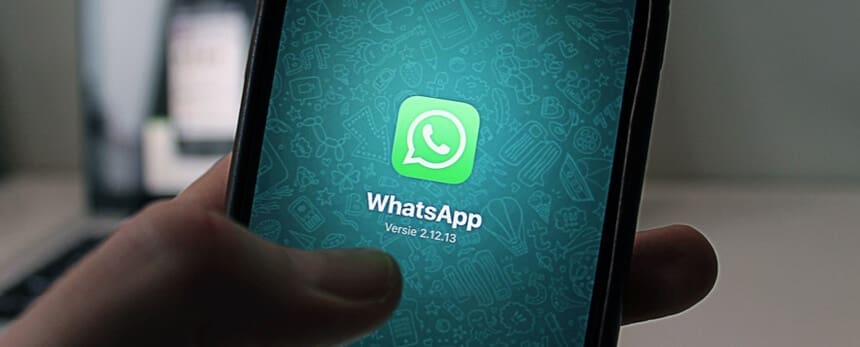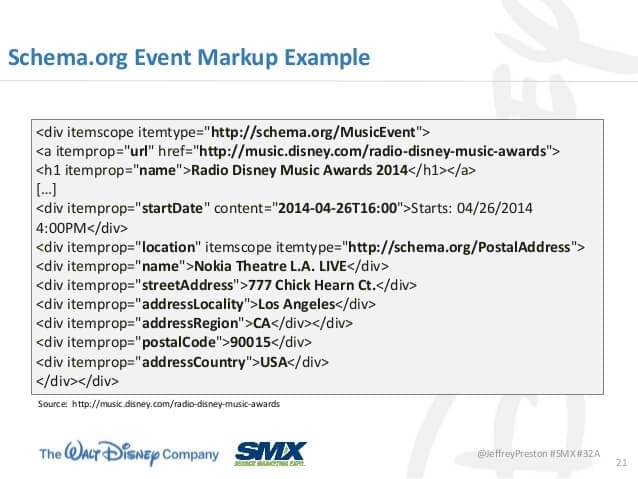
 New-era-online-communication-facebo...
New-era-online-communication-facebo... 
 Mark Zuckerberg was the most prominent speaker at the Mobile World Congress the other week. The Facebook founder made a strong statement by playing a pivotal role at the conference about the developing prowess of mobile in the tech industry, following the company’s $19bn acquisition of WhatsApp. The mobile industry is expected to become a multi-trillion dollar industry in the next decade, and is already rivalling the health care industry in worth, with both estimated to be worth more that $1.6 trillion. Speaking at the Mobile World Congress, Zuckerberg has defended buying WhatsApp for $19bn, describing it as a “strategic fit” for Facebook, and arguing the price tag was worth it because, in his opinion, “it is worth more.” In his typically assured style he explained “I could be wrong – this could be the one service that gets to a billion people and ends up not being that valuable. I don’t think I am.” WhatsApp’s success is predominantly linked to its price, a 69p-a-year charge kicks in after the first 12 months; it is initially free, and ‘their no-advertisements policy.’ WhatsApp CEO Jan Koum also at the conference, stated that there are currently “no planned changes” to the advertising policies of the app, which doesn’t display adverts to its 465-million monthly users. Planned developments to the service appear to support Zuckerberg’s confident stance on the acquisition. Later this year, WhatsApp will be adding a live voice messaging service, which will allow users to send messages in real time. Koum explained the decision to add a voice messaging service, explaining, “I think we have the best voice product out there” specifically highlighting the importance of the service “using the least bandwidth.”
Mark Zuckerberg was the most prominent speaker at the Mobile World Congress the other week. The Facebook founder made a strong statement by playing a pivotal role at the conference about the developing prowess of mobile in the tech industry, following the company’s $19bn acquisition of WhatsApp. The mobile industry is expected to become a multi-trillion dollar industry in the next decade, and is already rivalling the health care industry in worth, with both estimated to be worth more that $1.6 trillion. Speaking at the Mobile World Congress, Zuckerberg has defended buying WhatsApp for $19bn, describing it as a “strategic fit” for Facebook, and arguing the price tag was worth it because, in his opinion, “it is worth more.” In his typically assured style he explained “I could be wrong – this could be the one service that gets to a billion people and ends up not being that valuable. I don’t think I am.” WhatsApp’s success is predominantly linked to its price, a 69p-a-year charge kicks in after the first 12 months; it is initially free, and ‘their no-advertisements policy.’ WhatsApp CEO Jan Koum also at the conference, stated that there are currently “no planned changes” to the advertising policies of the app, which doesn’t display adverts to its 465-million monthly users. Planned developments to the service appear to support Zuckerberg’s confident stance on the acquisition. Later this year, WhatsApp will be adding a live voice messaging service, which will allow users to send messages in real time. Koum explained the decision to add a voice messaging service, explaining, “I think we have the best voice product out there” specifically highlighting the importance of the service “using the least bandwidth.”  This expansion illustrates the increased threat faced by mobile operators from free text messaging services. The introduction of a voice service that utilises the Internet capabilities of Smartphones could signal the decline of traditional modes of communication, and cause significant problems to mobile operators’ position in this developing market. Alongside this, WhatsApp’s strong consumer brand may place them in a position to seriously challenge the monopoly on free call apps held by Skype and Google Voice, and signal a decisive change in communication. With Facebook at the forefront of these changes, the significance of their expansion into mobile technology, following the struggles they’ve had with adapting to changes in social media advertising becomes apparent. Competitors’ success and the widening social media sector could be signalling a new era for the company just as it celebrates its 10th Birthday. 2014 is going to be an exciting year for new and developing platforms of communication. PR and Marketing agencies will have to be aware of and adapt to new advancements in communications to remain at the forefront of communications, and best serve their clients.
This expansion illustrates the increased threat faced by mobile operators from free text messaging services. The introduction of a voice service that utilises the Internet capabilities of Smartphones could signal the decline of traditional modes of communication, and cause significant problems to mobile operators’ position in this developing market. Alongside this, WhatsApp’s strong consumer brand may place them in a position to seriously challenge the monopoly on free call apps held by Skype and Google Voice, and signal a decisive change in communication. With Facebook at the forefront of these changes, the significance of their expansion into mobile technology, following the struggles they’ve had with adapting to changes in social media advertising becomes apparent. Competitors’ success and the widening social media sector could be signalling a new era for the company just as it celebrates its 10th Birthday. 2014 is going to be an exciting year for new and developing platforms of communication. PR and Marketing agencies will have to be aware of and adapt to new advancements in communications to remain at the forefront of communications, and best serve their clients.

